Today, March 8, International Women's Day is celebrated to remember the tireless struggle of women for their participation in society and their full development as individuals on an equal footing with men. Fortunately, these gender inequalities in all areas of life, although still present, are becoming less and less.
In order for society and citizenship to develop, there are laws and norms that regulate rights and duties, as well as the limits of actions. But the law not only serves for social development, it is also one of the fundamental pillars that make it possible to advance social justice, and especially, gender equality.
Take home
"For law and history to include women, who make up half of the population, we must pay attention to them" (Viviana Waisman, 2019).
Full article
Women lawyers who made history
Women have had to fight for many years to achieve progress in the development and achievement of their rights, rights that, by law, should always be present. Throughout history there have been many women who have claimed the rights of the female gender, especially from the legal sector, with the aim of changing the laws and achieving effective equality.
Viviana Waisman, president of Woman's Link Worldwide (WLW) gave an interview to Vogue in 2019. In the published article the lawyer explained that History is always taught from the male vision because it is men who have occupied the positions of power and also, those in charge of telling the facts, without letting women make decisions or give voice to the stories. The same happens with laws, they were created by men and for men. For this reason, Waisman founded the international human rights organization WLW for the defense of women's and girls' rights, a non-profit organization that operates like a law firm, but without charging its clients for legal services. The firm is a tool to help lawyers know how to apply gender-sensitive law in situations of injustice against women.
Waisman has not been the only woman who has fought for gender equality, in fact, for her to have been able to practice law and enjoy all her rights and duties, there have been other women who have previously fought for this to be possible. These are just some of the pioneering women jurists who have fought the hardest to achieve equality around the world and whose names have gone down in history as references in the legal sector.
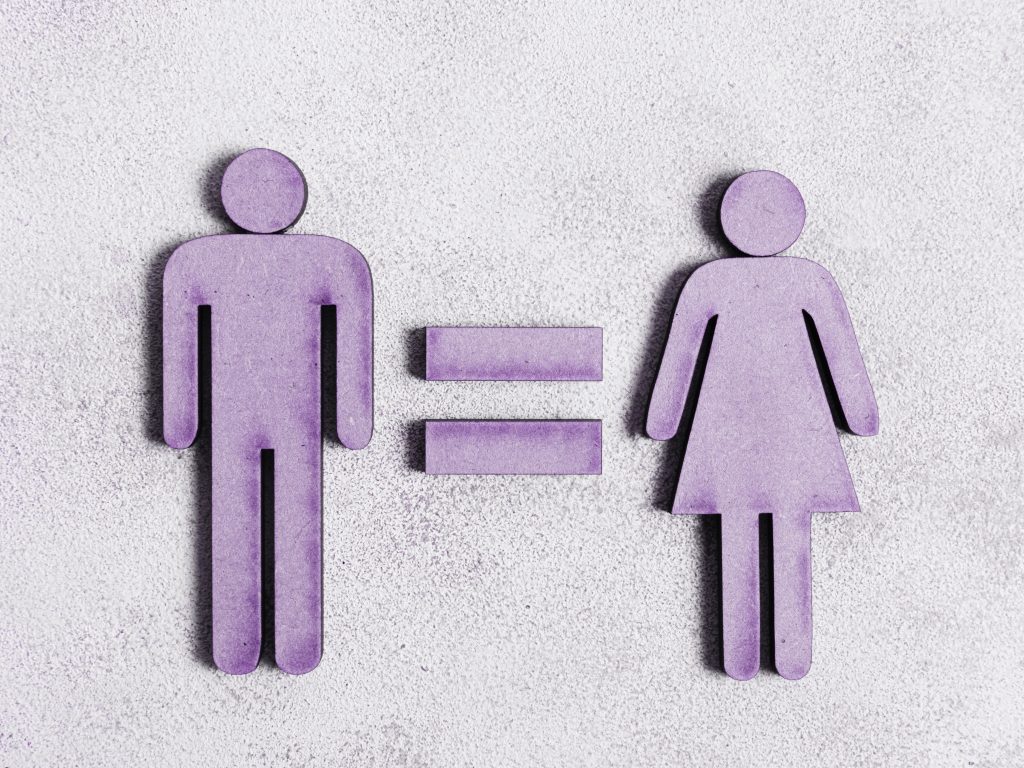
Pioneering women jurists
-
Mary Ann Shadd Cary
She was the second African American woman lawyer in the United States, graduating from Howard University at age 60 and, the first woman to found a publishing house (Provincial Freeman). Mary Ann had to flee to Canada when the Fugitive Slave Law was passed in 1850. Throughout her life she advocated for African American autonomy and integration; taught in schools and worked for African American civil rights; and contributed greatly to the causes of abolitionism and women's suffrage.
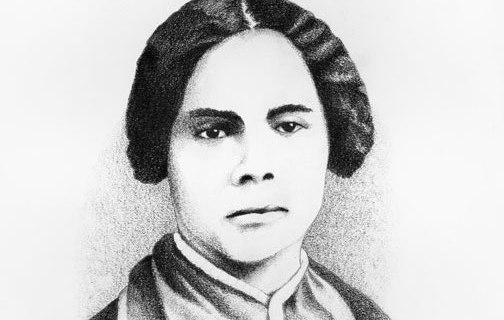
-
Clara Shortridge Foltz
She was the first woman lawyer on the U.S. West Coast and also pioneered the idea of the public defender or legal aid for the poor. She was denied admission to Hastings College of the Law because the law only allowed white men to become lawyers. Shortridge denounced this situation and succeeded in having the term "white man" amended to "person" in California.
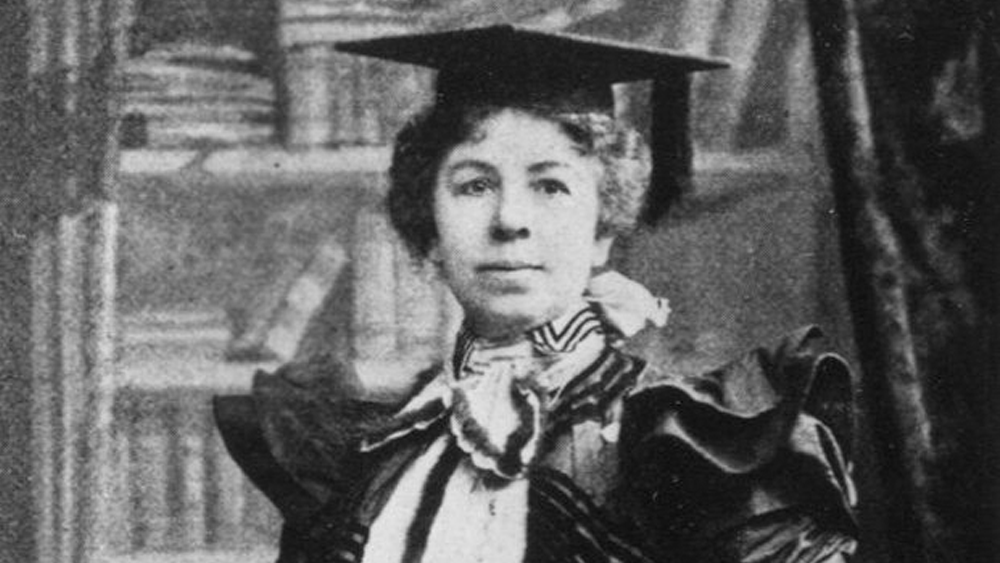
-
Cornelia Sorabji
Originally from India, she became the first woman to graduate from Bombay University, to study law at Oxford University and the first female lawyer in India and to practice in her country and elsewhere. Although she was initially unable to work as a lawyer in India because it was forbidden for women, she did work as a legal advisor to the UK Government helping women who by Hindu law were married off as children and since then were forbidden to have contact with the outside world.
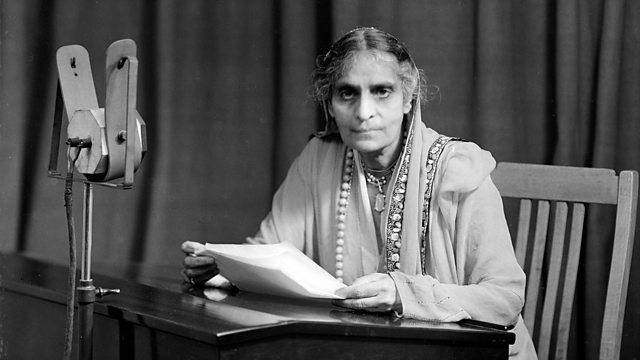
-
Christabel Harriette Pankhurst
Christabel Harriette Pankhurst was an activist in favor of women's right to vote in the United Kingdom, founding a movement formed by militant suffragettes. Although she graduated in Law at the University of Manchester, she was never allowed to practice as a lawyer for the sole reason of being a woman. In addition, she created a party for women's equality (Women's Party) that defended the equal rights of women and men in the workplace and in marriage.
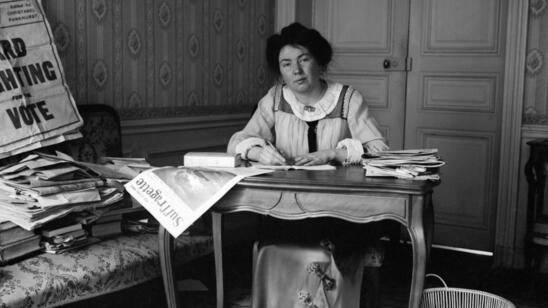
-
Clara Campoamor
This Spanish lawyer, politician and writer actively fought for women's rights in Spain. She pushed for Spanish women's suffrage, got divorce approved and the regulation of women's and children's work. Campoamor created the Women's Republican Union and is considered in world history as a pioneer in the defense of women's rights.
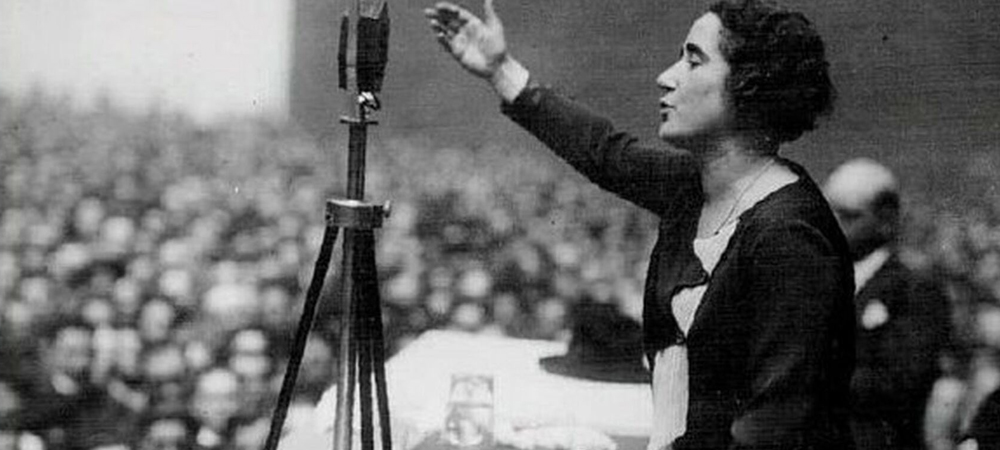
-
Victoria Kent
She was the first Spanish lawyer and politician to join the Madrid Bar Association and became the first woman in the world to practice law in a military court. She introduced reforms to humanize the Spanish prison system.
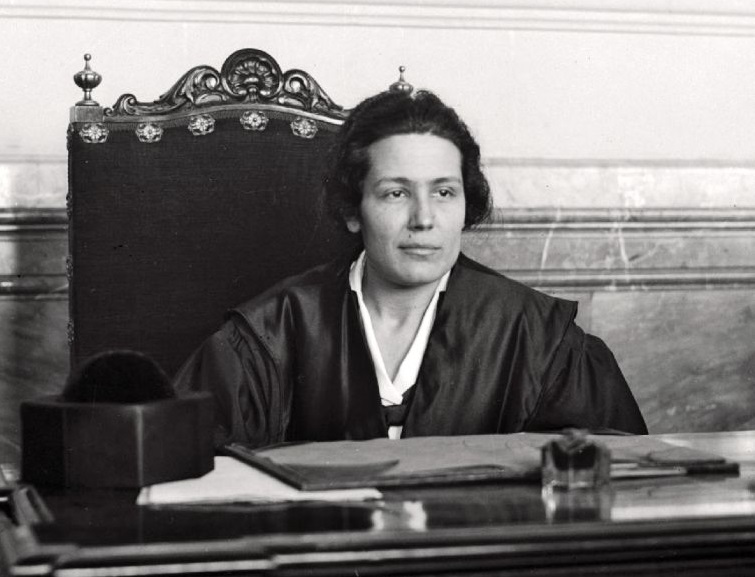
-
Clara González de Behringer
She was the first woman in Panama to receive a law degree, the first woman in Latin America to receive a doctorate in law from New York University and also became the first woman to be appointed judge of the Juvenile Court. Throughout her professional career, she fought for feminism in Panama, promoted the right to women's suffrage and founded the National Feminist Party and the School of Women's Culture with the objective of helping women develop socially and professionally.
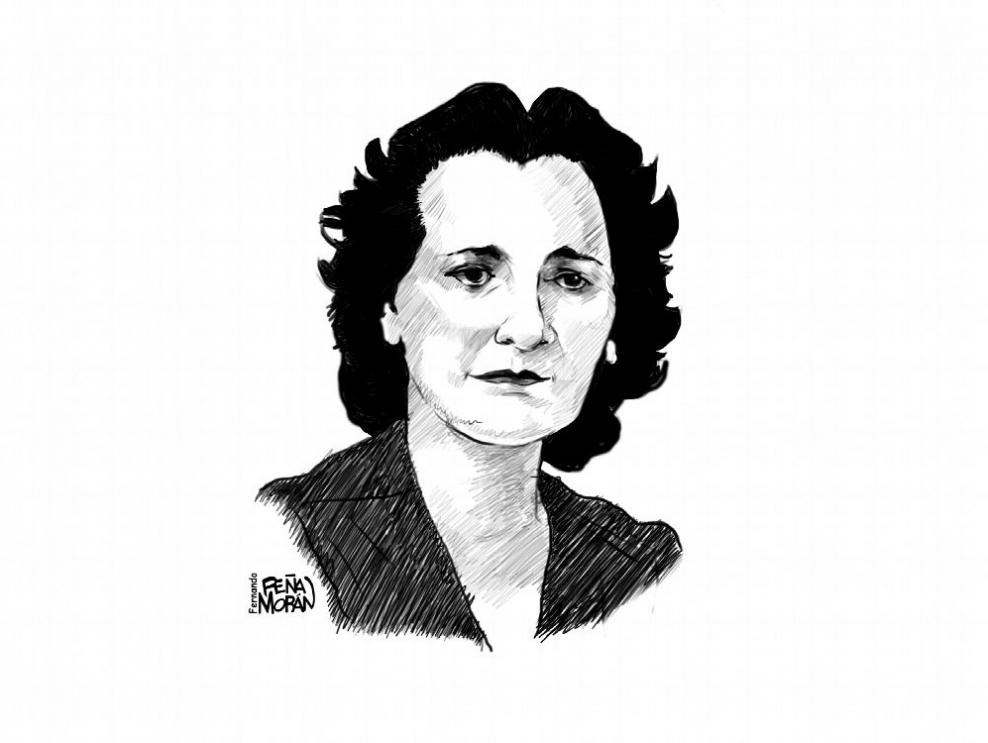
-
Elena Caffarena
She was one of Chile's first female lawyers. Caffarena vindicated the rights of women and workers; fought for women's right to vote; and drafted the bill that would allow women in Chile to vote.
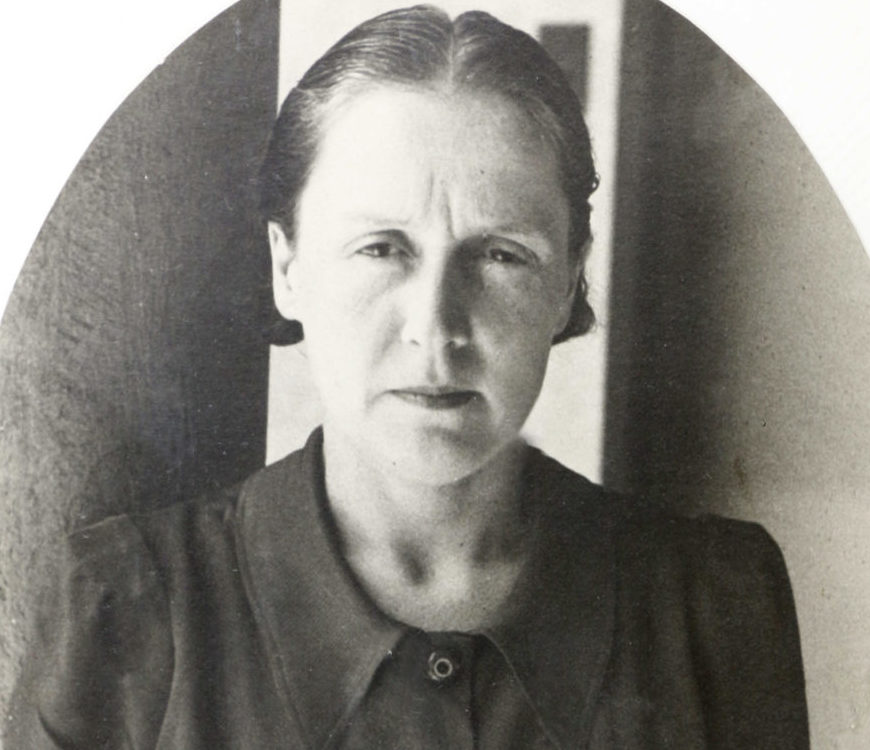
-
Maria Telo
She wanted to be a notary, but this profession in Spain was limited only to men, so she became a lawyer and fought to improve the legal situation of women in Spain. She promoted during the Franco dictatorship the reform of the Civil Code, managing to abolish the marital license that prevented Spanish women from having their own legal capacity, forcing them to obey their husband and to have his permission for almost all the actions they wanted to do.
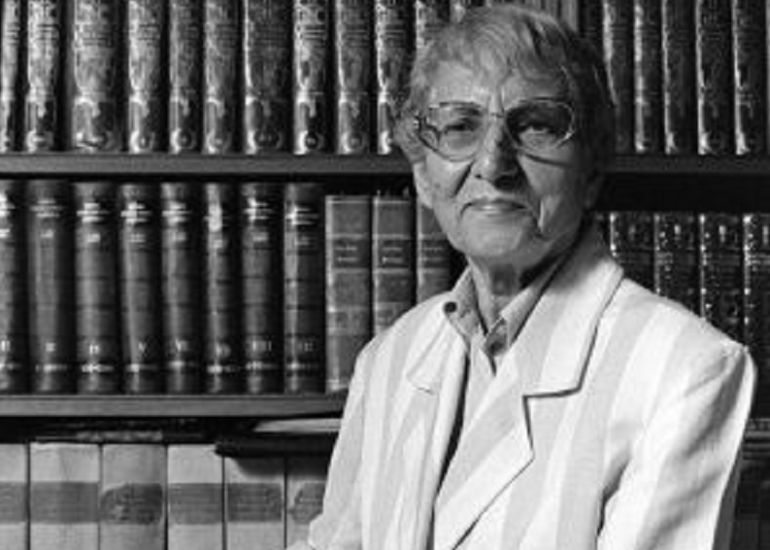
Measures to promote gender equality in the workplace
Although there is still a lot of work to be done to end women's inequality in the world of work, in pay and in jobs, companies are the first to promote internal measures that favor effective equality between women and men working in law firms. Some ideas that can be implemented in the operation of the companies are:
- Incorporate equality into corporate principles and values, creating a corporate culture based on gender equality and prohibiting any discrimination. Likewise, there must also be a protocol against sexual harassment based on sex to prosecute and punish any type of behavior of this type.
- Recognize the efforts of women jurists, although it is true that today many women occupy important jobs, the reality is that they have had to struggle for many years to gain access to these positions on equal terms for the sole impediment of belonging to the female gender.
- Establish a non-sexist communication policy using inclusive language in the company's internal and external communications in order to reflect equality in language and not only in actions.
- Women should have the same opportunities to occupy managerial positions and lead teams within companies, so it is important to promote female leadership.
- Establish a program that favors the reconciliation of work and family life so that women and men working in the company can develop professionally without having to abandon their careers.
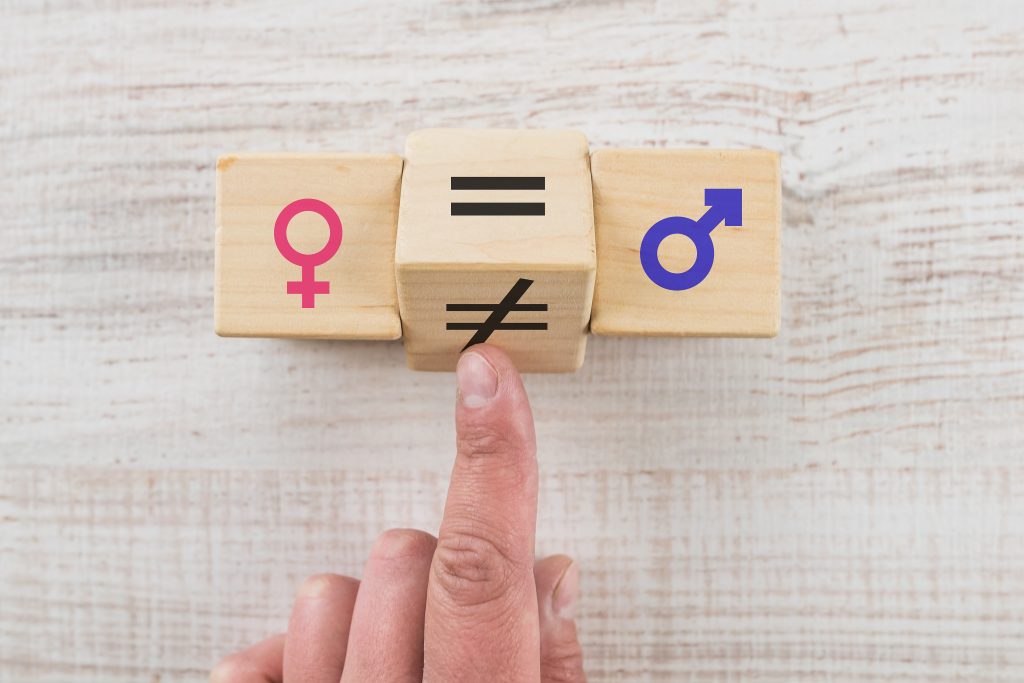
Comments
Related links
Main menu












